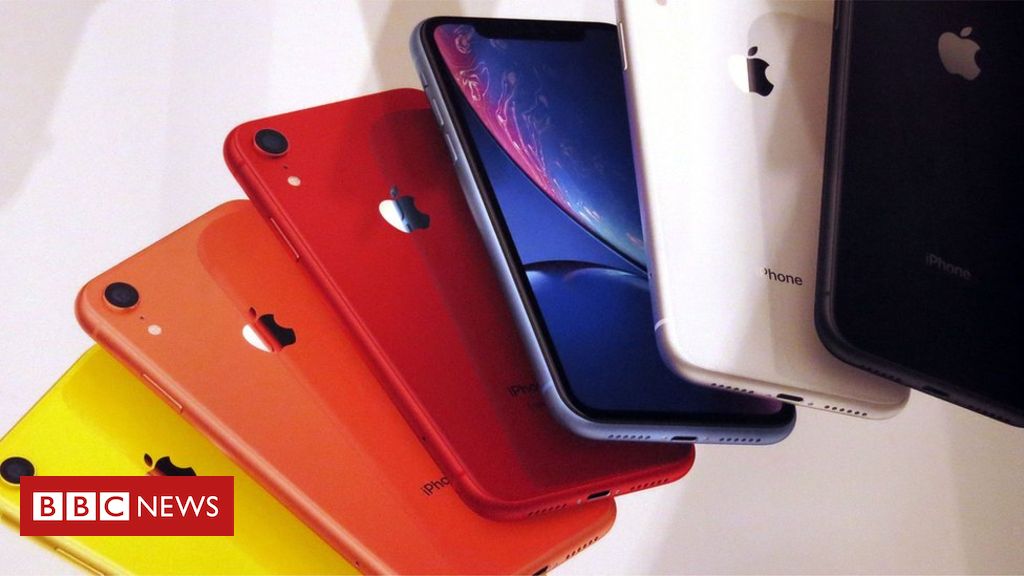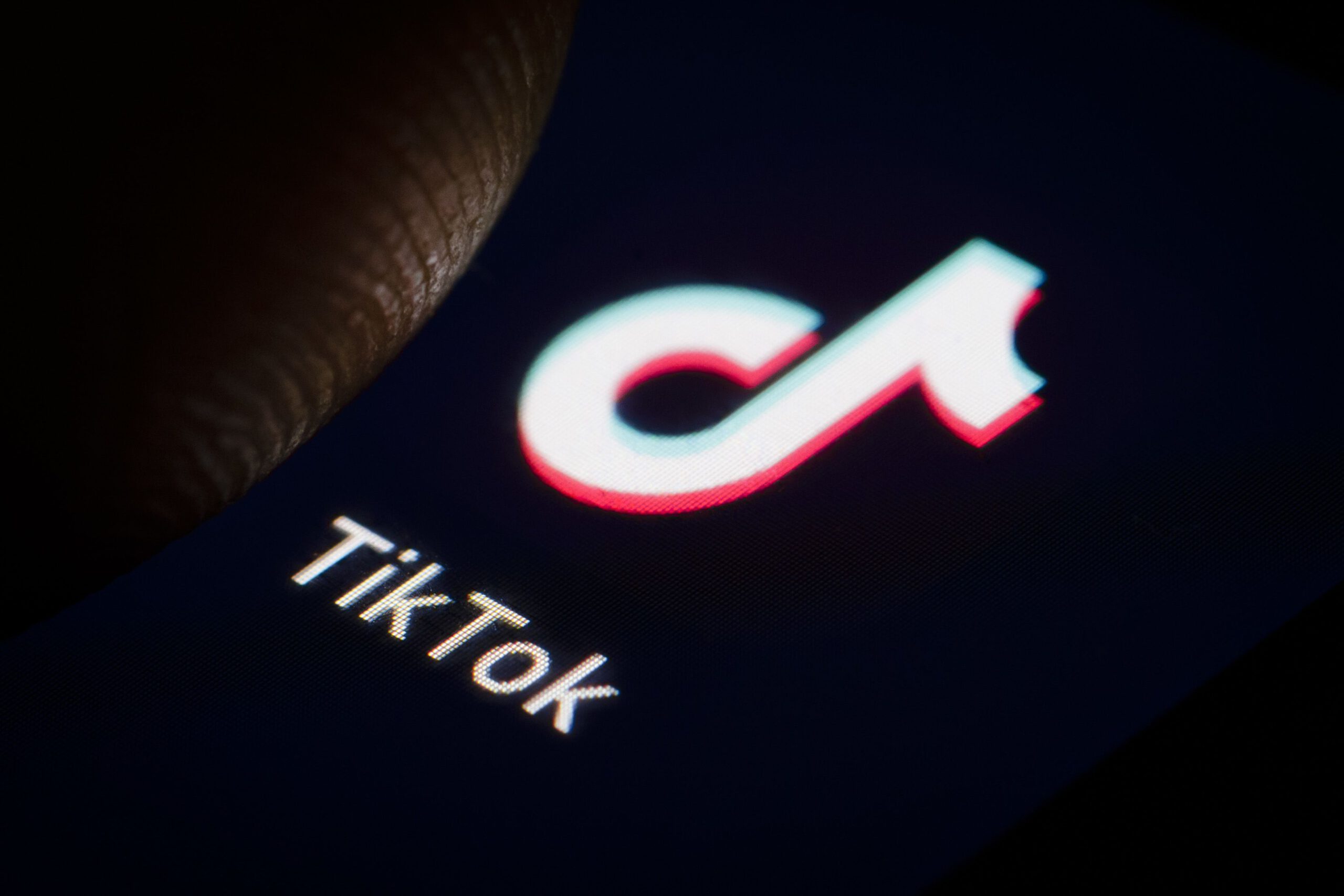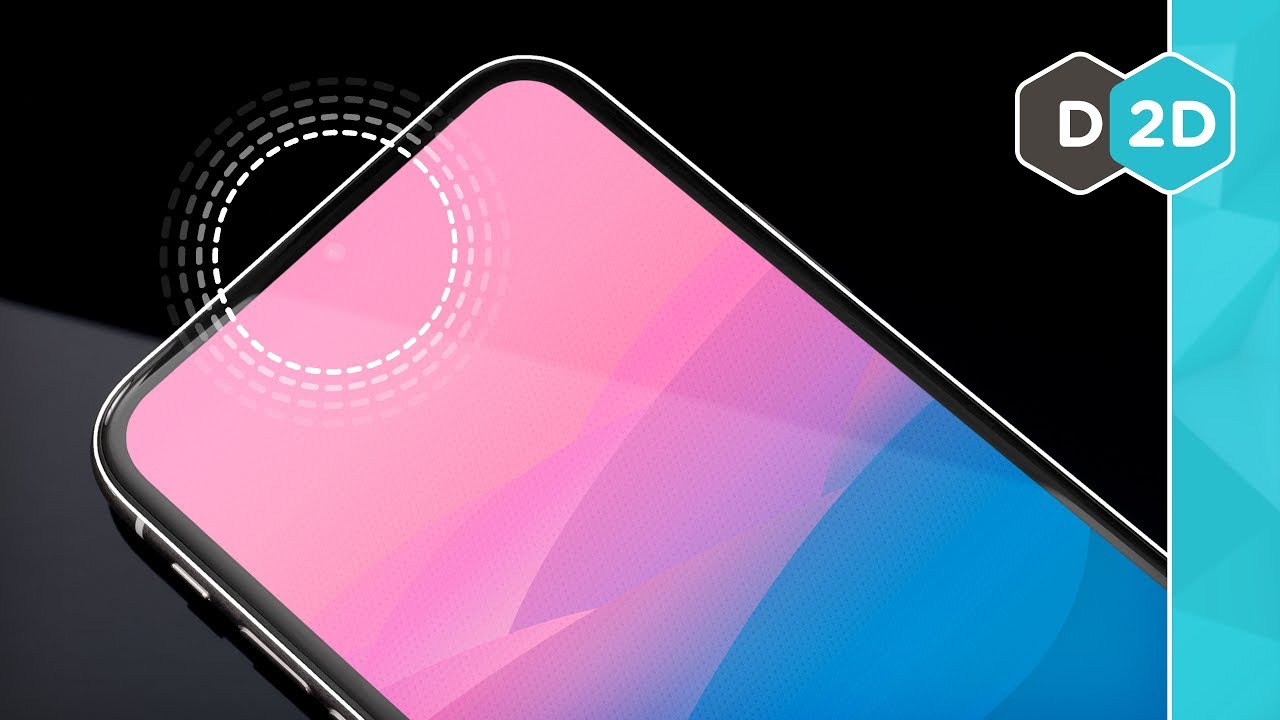
 Image copyright
Image copyright
Getty Images
The attack affected all fashions of iPhone, up till the newest model, Google’s staff stated
Security researchers at Google have discovered proof of a “sustained effort” to hack iPhones over a interval of at the least two years.
The attack was stated to be carried out utilizing web sites which might discreetly implant malicious software program to collect contacts, pictures and different information.
Google’s evaluation instructed the booby-trapped web sites had been stated to have been visited hundreds of occasions per week.
Apple advised the BBC it didn’t want to remark.
The attack was shared in nice element in a sequence of technical posts written by British cybersecurity professional Ian Beer, a member of Project Zero, Google’s taskforce for locating new safety vulnerabilities, generally known as zero days.
“There was no goal discrimination,” Mr Beer wrote.
“Simply visiting the hacked web site was sufficient for the exploit server to attack your system, and if it was profitable, set up a monitoring implant.”
Mr Beer and his staff stated they found attackers had been utilizing 12 separate safety flaws with the intention to compromise gadgets. Most had been bugs inside Safari, the default net browser on Apple merchandise.
‘Sustained effort’
Once on an individual’s iPhone, the implant might entry an unlimited quantity of knowledge, together with (although not restricted to) contacts, pictures and GPS location information. It would relay this data again to an exterior server each 60 seconds, Mr Beer famous.
The implant additionally was capable of scoop up information from apps an individual was utilizing, similar to Instagram, WhatsApp and Telegram. Mr Beer’s record of examples additionally included Google merchandise similar to Gmail and Hangouts, the agency’s group video chat app.
The attackers had been capable of exploit “virtually each model from iOS 10 by way of to the newest model of iOS 12”, Mr Beer added.
“This indicated a bunch making a sustained effort to hack the customers of iPhones in sure communities over a interval of at the least two years.”
Apple’s repair
Google’s staff notified Apple of the vulnerabilities on 1 February this 12 months. A patch was subsequently launched six days later to shut the vulnerability. Apple’s patch notes discuss with fixing a difficulty whereby “an application may be able to gain elevated privileges” and “an application may be able to execute arbitrary code with kernel privileges”.
iPhone customers ought to replace their system to the newest software program to verify they’re adequately protected.
Unlike some safety disclosures, which provide merely theoretical makes use of of vulnerabilities, Google found this attack “within the wild” – in different phrases, it was in use by cybercriminals.
Mr Beer’s evaluation didn’t speculate on who could also be behind the attack, nor how profitable the device might have been on the black market. Some “zero day” assaults may be offered for…
https://www.bbc.co.uk/news/technology-49520355














